
…THE VIRTUE OF AGONY.
The death of the actor William Hurt, besides the loss of such an extraordinarily sly and nuanced talent, and separate, of course, from sending a chill through my equally seventy-one-year-old body, brought a number of responses. Typically, there was the dispiriting preponderance of mentions of his part in the Marvel movie franchise world, all too often at the expense of ignoring any mention of a long and varied career in which he delivered complex and subtle work to a broad range of film.
But there was also an equally discomfiting rampant theme about his playing unlikeable characters, in unlikeable movies, doing unlikeable things, and thus found wanting for all this. This, of course, brought to mind that time honored plaint, the loudly trumpeted need by so many consumers of mass market entertainment for likeable characters, and the creative talents’ responsibility to provide protagonists to which the audience can “relate,” root for and identify with.
It’s worth noting that by “time honored,” certainly in this case, I mean a fatuous and silly arrested adolescent perspective that bores the fuck out of me. This shallow dismissal of what might be complex and worthwhile narrative in lieu of the dramatic presentation of nice is, and trust me on this, I looked it up, just complete bullshit.
This need for uplift via fictional characters behaving in selfless ways has always made me uncomfortably queasy, not least because of the moral and ethical distance that often exists between those pure at heart fictional characters and the all too often far from noble nature among the audience demanding that relatability, not to mention the occasional sleazeballs peddling such stuff.
In a post a week or so back, I alluded to notes from ganefs in this regard. To be specific, in one case in particular, many years ago, when I still harbored hopes and dreams of being a screenwriter, I was hired to do a rewrite on a script that had already gone through other word processors at least a half dozen times.
This was the heyday of what were referred to as High Concept movies…the concept here, in the most basic of narrative terms, an avatar of “Dirty Harry,” and an avatar of “James Bond” both work for the same super double top-secret agency. Each is convinced the other has gone rogue.
After two acts of violent hijinks, they realize, at the end of act two, that they’ve been set up, and team up for act three, to go after whoever led them down the primrose path to those act two hijinks with even more violent hijinks.
That’s it.
I delivered a draft, and shortly thereafter came the notes, from the two executive producers, both big deal hyper successful Hollywood guys, serious players in those days. As I recall, the story was that despite often collaborating, neither had spoken to each other cordially in quite some time, hardly unusual in those days or these. Suffice to say, I got two separate sets of notes, since neither consulted with the other.
The notes were, as notes often are, both insanely granular and wildly all over the place simultaneously.
Significantly, to me anyway, both sets of notes concluded with an identical broadstroke general overall note, to whit— “Is there any way to make the protagonists more altruistic?”
(I did my best, and delivered a second draft, from which I was fired. I understand the script went through a number of hands, and may very well still be in the pipeline today. It could happen. But that experience is not what I want to deliver here.)
Now the Gotcha’ists among you might identify this as a choice by these two mountebanks pointing at fan service, an attempt to provide a likeable and relatable protagonist, and I’m sure that’s an aspect of the motivation behind these notes.
But a part of me also sees this need for the presentation of goodness, or as they maybe not so coincidentally both put it, altruism, in a fiction to which they were both attached as a beard, a mask, a public dissemblance in the name of presentation, of performative morality removed from actual virtue.
In sum, when you’re a shitheel, if your fictional character is good, there might be no reason to have to be good yourself, right?
I have come to believe that there might be a certain connective tissue between this idea on the part of these marginally criminal manipulative makers of product, and the need for a relatable likeable protagonist by a fatuous and credulous audience.
Perhaps it’s arrested development, but it seems to me that a significant part of that audience might harbor all too justifiable and reasonable doubts about its own virtue, about being citizens above suspicion, while remaining consciously unaware of these concerns outside of the lizard brain of the roiling unconscious.
This utterly invisible and intangible fear might be what underpins that audience’s inability to engage with fictional characters of black hearts and impure motives, regardless of how well the narrative paths of these apparently unrelatable characters are charted and executed.
This makes perfect sense in a culture that validates intentions, often so baldly and patronizingly obvious in their presentation, over execution.
Me, I’m just fine with Patricia Highsmith, and George MacDonald Fraser. Marc Behm and Jim Thompson. Flannery O’Connor and Richard Stark. Larry McMurtry and Edith Wharton. John Ford and Howard Hawks. Anthony Mann and Andre deToth. James Gray and Sofia Coppola. Ida Lupino and Jules Dassin. Martin Scorsese and Jane Campion. Paul Schrader and Kathryn Bigelow. To name just a few novelists and filmmakers, who’ve delivered often reprehensible protagonists to my everlasting delight.
More on request, but you get the point.
And then, of course, there’s comic books, a hotbed of this mindset, thanks, to no small extent, to the infantilizing of the audience with the infantilizing of the product by the imposition of the Comics Code Authority. Give a fascist vigilante a wound and a cape, send him out into the mean and gritty city streets, to achieve liberal ends by fascist means, and all is forgiven by the likeable characters, relatable protagonist crowd.
Really now.
And finally, what’s so damned relatable about Conan the Barbarian? He’s a fucking barbarian, for fuck’s sake.
Just something to think about.
As ever, I remain,
Howard Victor Chaykin…a Prince, not necessarily of darkness, but rarely of peace. I mean, really now.







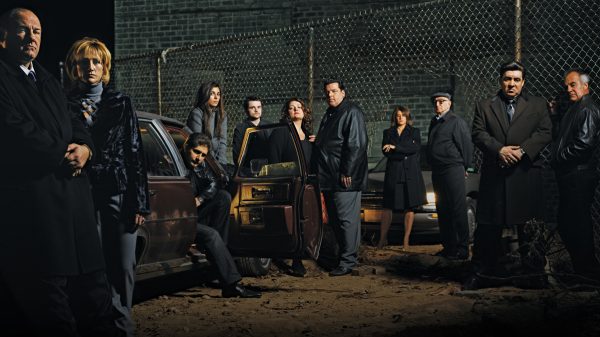
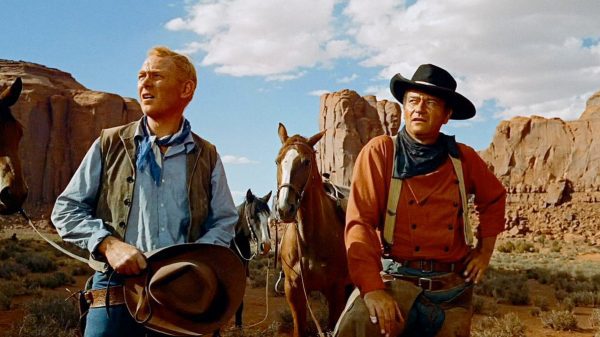


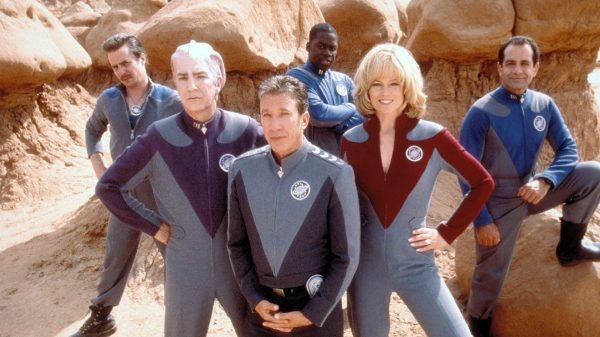
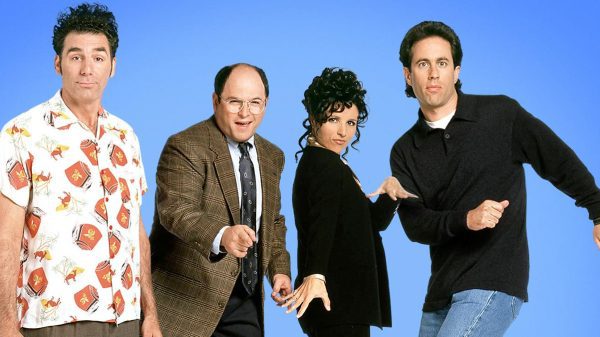


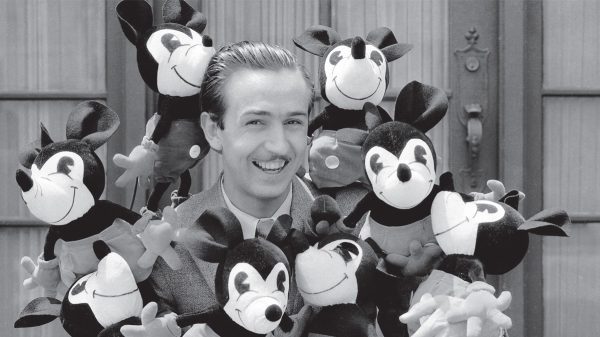


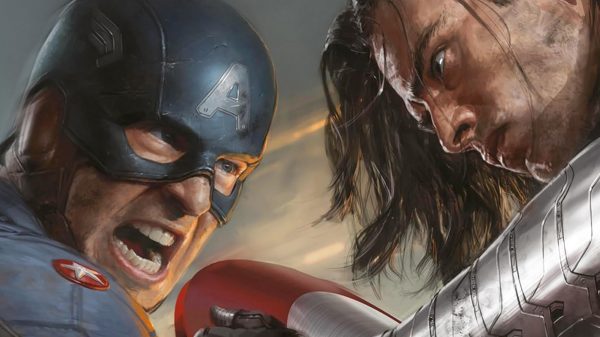




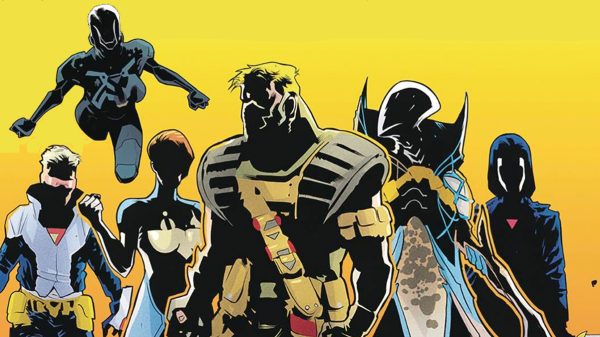
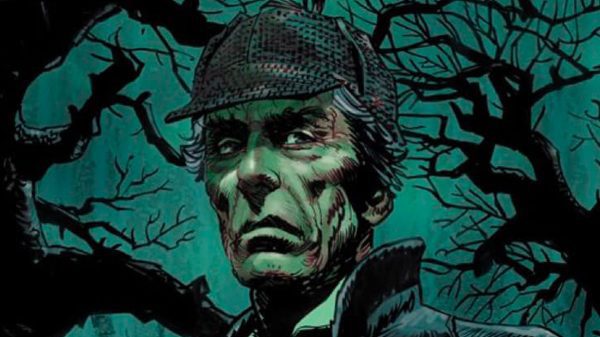
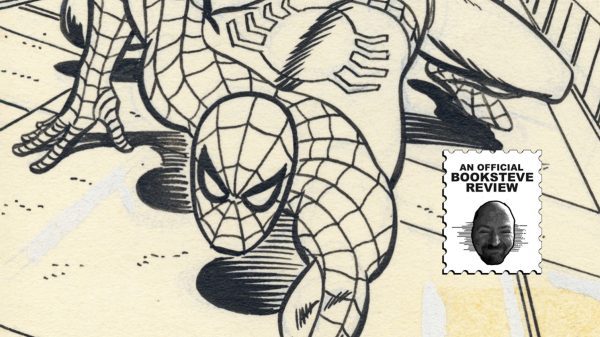
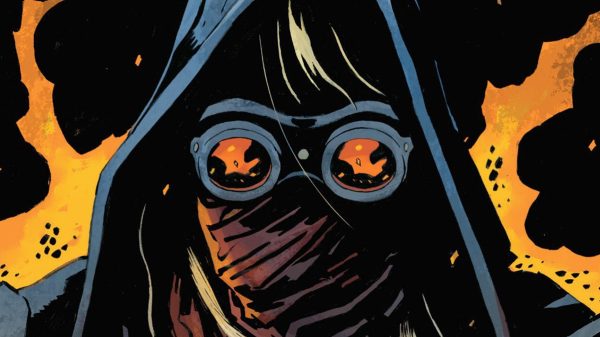





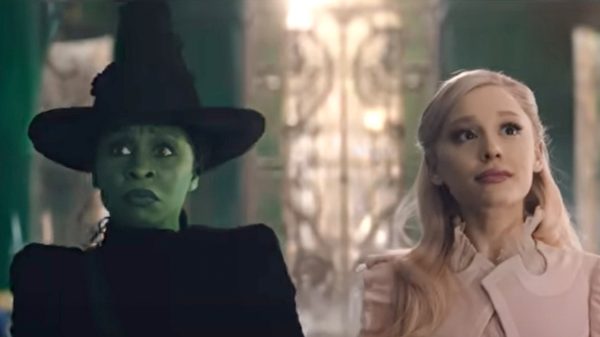
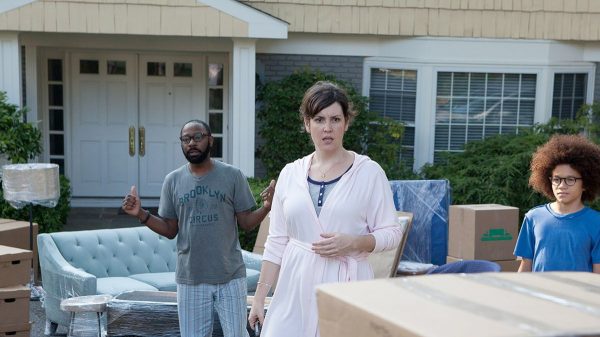
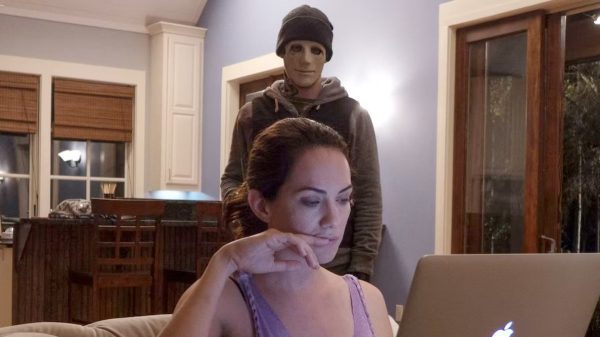












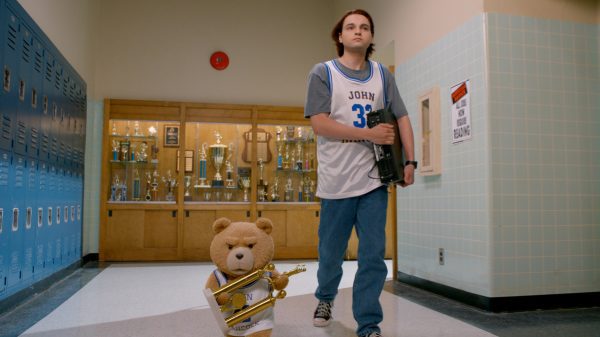
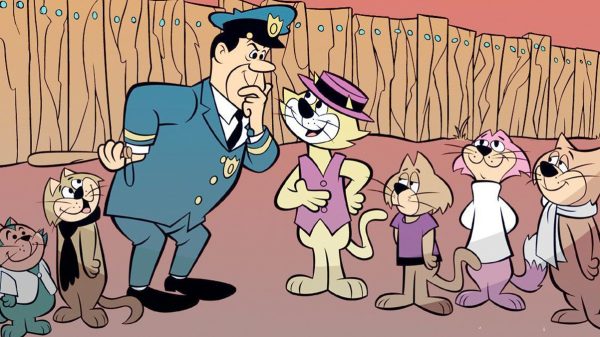
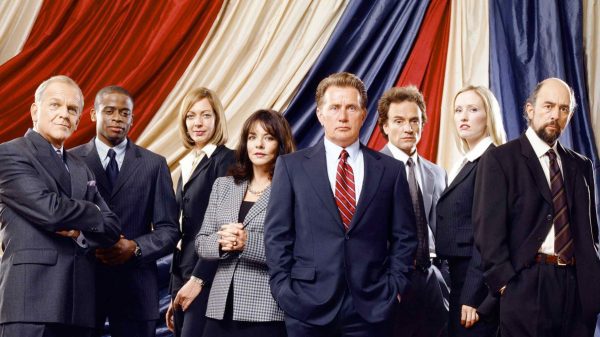
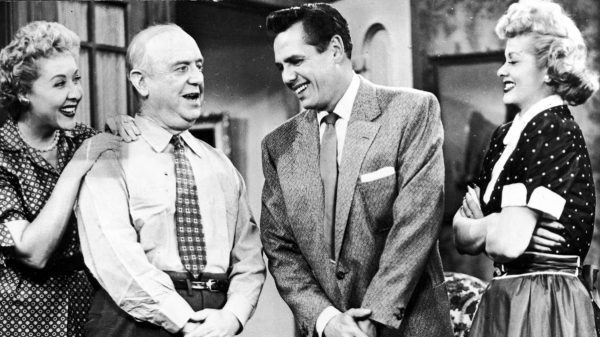




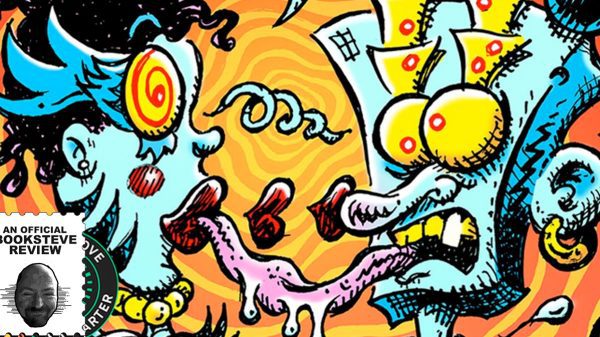

































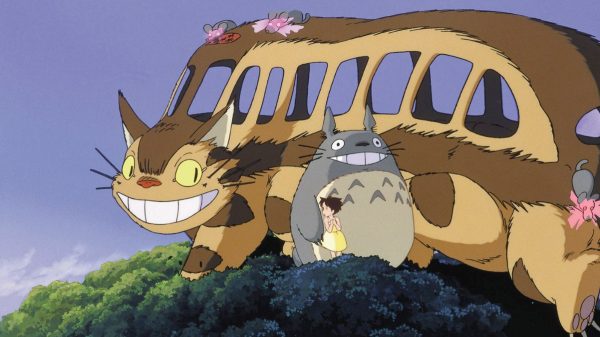
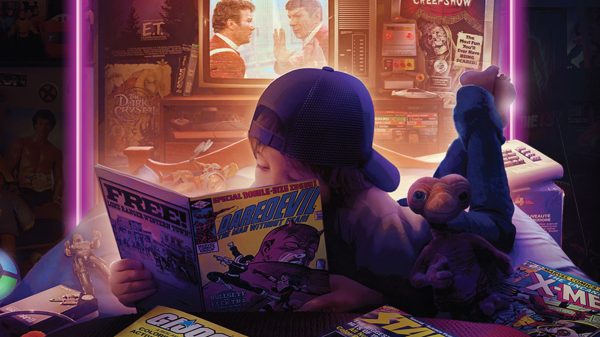
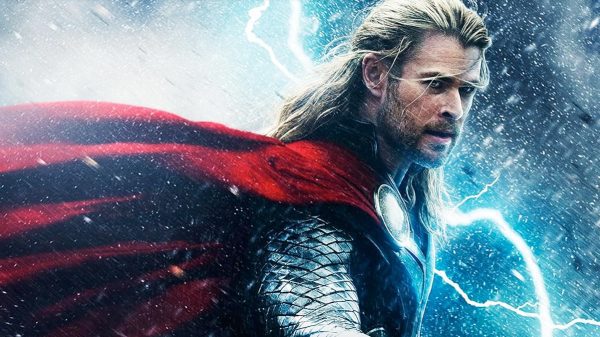






You must be logged in to post a comment Login